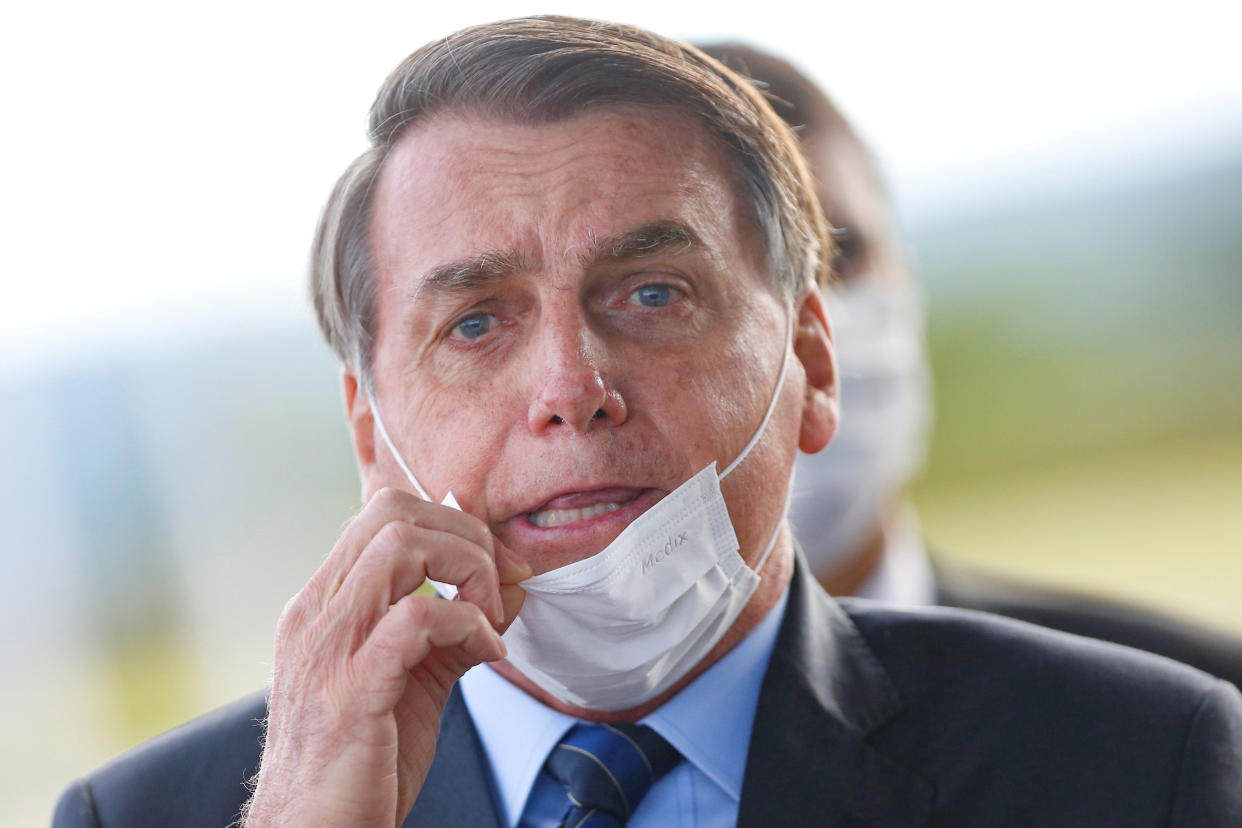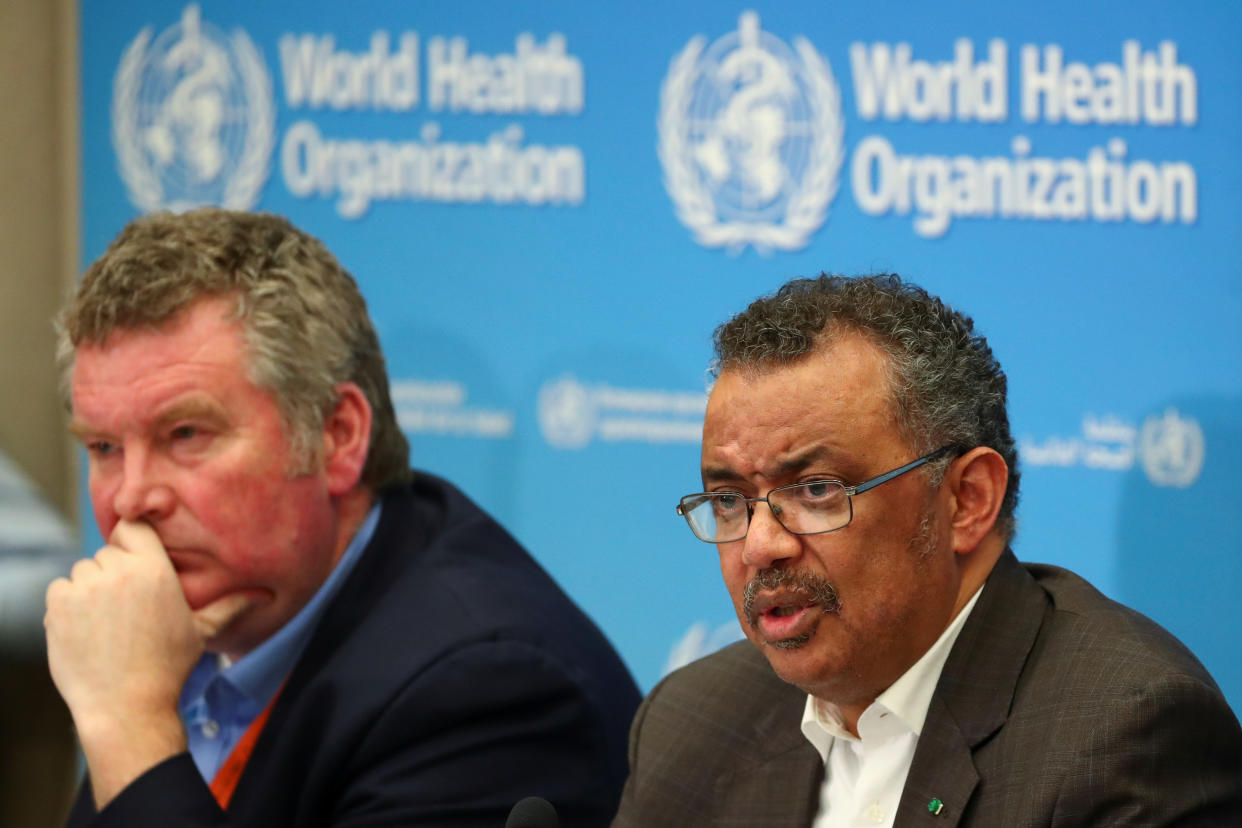WHO: Ignoring rules could lead to third and fourth waves
The executive director of the World Health Organization's Health Emergencies Programme has warned that if people don't abide by coronavirus restrictions the world could face further waves of the pandemic.
Dr Michael Ryan told a WHO briefing on Friday that "small changes in behaviour can lead to huge changes in the spread of the virus".
"We think we're through this, we're not," he said, and warned that many people had started to relax as vaccine programmes were rolled out.
"We should not waste the hope that vaccines bring," he added. "By dropping our guard in other areas we could see third and fourth waves."
Ryan was reponding to a media question about the rapid increase in cases in Brazil, where a new coronavirus variant has been detected.

WHO director general Tedros Adhanom Ghebreyes echoed Ryan's fears. He said: "Our concern is not just Brazil. Brazil it neighbours many countries.
"If Brazil is not serious [in enforcing restrictions] this could continue to affect its neighbours and beyond."
Restrictions in England will begin to be eased from Monday, when all pupils will return to school. Following that the government will follow a roadmap' out of lockdown, gradually lifting restrictions and opening up the country over several months.
Boris Johnson has warned that 21 June is the earliest that all lockdown rules could be removed.
Scientists have so far identified up to six cases of the Brazilian variant in the UK. On Friday the 'mystery person' believed to have brought the variant to Britain from Brazil located.
Watch: Hancock update on finding person with Brazil variant
And earlier this week one of Brazil's leading scientists said that Brazil’s coronavirus outbreak had become a global threat.
Miguel Nicolelis, a neuroscientist who is tracking the crisis, urged the international community to challenge the Brazilian government. More than a quarter of a million Brazilians have died with coronavirus – about 10% of the global total.
Nicolelis told The Guardian: “The world must vehemently speak out over the risks Brazil is posing to the fight against the pandemic.

“What’s the point in sorting the pandemic out in Europe or the United States, if Brazil continues to be a breeding ground for this virus?”
Nicolelis said the problem was not simply Brazil – whose far-right president, Jair Bolsonaro, has repeatedly spurned efforts to combat a disease he calls a “little flu” – being “the worst country in the world in its handling of the pandemic”.
He said: “It’s that if you allow the virus to proliferate at the levels it is currently proliferating here, you open the door to the occurrence of new mutations and the appearance of even more lethal variants.”
It has been suggested that the new strain could be up to twice as transmissable as the original coronavirus infection however, on Friday preliminary data from a study conducted at the University of Oxford indicated that the AstraZeneca vaccine is still effective against the Brazilian variant.
An unnamed source told Reuters news agency that data indicates that the vaccine will not need to be modified in order to protect against the variant, which is believed to have originated in the Amazonian city of Manaus. The source requested anonymity as the results have not yet been made public.
During the briefing, Ghebreyesus also emphasised that he supports the temporary waiving of coronavirus vaccine patents to enable countries to manufacture and sell vaccine copies at a reduced cost.
Worldwide, 265 million doses of Covid-19 vaccines have been administered, with 80% in just 10 countries.
Watch: WHO says vaccine patents should be waived


